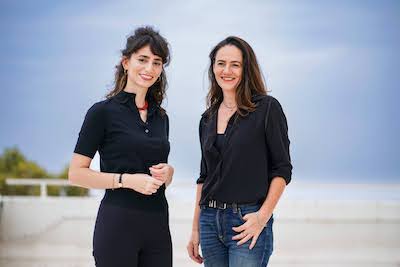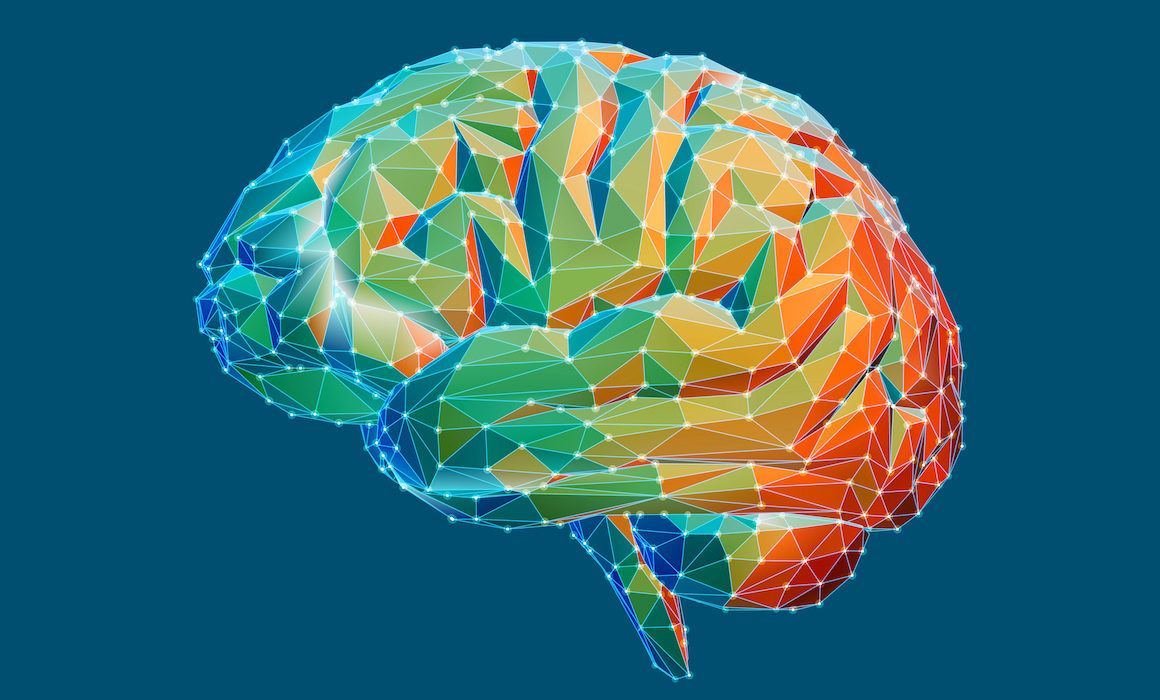A friend calls with the news she was just diagnosed with COVID-19. You had dinner with her last night, and suddenly you start coughing, feel flu-like symptoms, and your fever spikes. What’s going on? Are you coming down with the virus or are your symptoms psychosomatic?
You test negative. Yet Technion Associate Professor Asya Rolls wonders — can the brain induce an actual disease?
In a recent study involving mice published in Cell, Prof. Rolls and a team of researchers showed that not only can the brain make the body sick, but just as the brain remembers people, places, and smells, it stores “memory traces” of the illness. Moreover, reactivating that memory is enough to reawaken past immune system responses.

Tamar Koren (left) and Professor Asya Rolls
Prof. Rolls and M.D./Ph.D. student Tamar Cohen, with scientists from the University of Haifa and EMMS Hospital in Nazereth, first induced colitis, or inflammation of the colon, in laboratory mice. They found that brain cells became active in several regions, including the insular cortex, responsible for sensory perceptions. The team waited for the mice to recover and then injected them with a drug that artificially reactivated the insular cortex brain cells. Sure enough, inflammation re-emerged in the exact same location even though there was no infection, demonstrating that the brain remembered the infection and told the immune system to fight.
“I was surprised to see the effect so clearly, with inflammation starting soon after neurons were activated, even though there was no pathogen or other physical trigger,” said Rolls.
The researchers also tested the hypothesis in the other direction and showed that suppressing brain cells that remembered a previous bout of colitis reduced the disease in mice who were ill.
The study was hailed as groundbreaking by their peers. “This is an outstanding body of work,” said Kevin Tracey, a neurosurgeon and president of the Feinstein Institutes for Medical Research in Manhasset, NY, who was not involved in the study. Others have suggested that the brain can remember immune responses, he said, but “she proved it.”
Prof. Rolls has long been working with the concept of the brain-body divide, studying the effect of thoughts and emotions on physical health. In 2018, she received widespread attention with a study in which she showed that stimulating the reward center or “feel good” chemicals of the brain, could reduce the size of cancerous tumors in mice.
The Technion team cautions that there is a big gap in translating research in mice to working with people but hope the research opens new avenues for treating chronic inflammatory conditions that may be triggered by stress, such as Crohn’s disease, psoriasis, and other autoimmune conditions.


